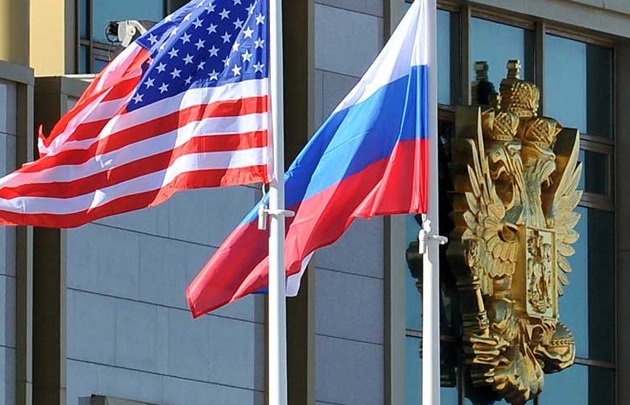Russian and U.S. Presidents, Vladimir Putin and Joseph Biden, have expressed satisfaction following the exchange of notes on the extension of the New START Treaty, the Kremlin press service said on Tuesday after their telephone conversation.
"The presidents expressed satisfaction following today’s exchange of diplomatic notes on an agreement to extend the New START Treaty," TASS cited the statement as saying.
According to the Kremlin, "sides will finalize, within days, procedures needed to ensure further functioning of this major international mechanism od reciprocal limitation of nuclear missile arsenals."
"International topics included the United States’ unilateral withdrawal from the Open Skies Treaty, problems of keeping in place the Joint Comprehensive Plan of Action on the Iranian nuclear program, Ukrainian settlement, as well as Russia’s initiative to call a summit of the United Nations Security Council permanent members," the Kremlin said.
The Treaty between the United States of America and the Russian Federation on Measures for the Further Reduction and Limitation of Strategic Offensive Arms (the New START Treaty) was signed in 2010 and entered into force on February 5, 2011. The document stipulates that seven years after its entry into effect each party should have no more than a total of 700 deployed intercontinental ballistic missiles (ICBM), submarine-launched ballistic missiles (SLBM) and strategic bombers, as well as no more than 1,550 warheads on deployed ICBMs, deployed SLBMs and strategic bombers, and a total of 800 deployed and non-deployed ICBM launchers, SLBM launchers and strategic bombers.
The New START Treaty will remain in force for 10 years, until 2021, unless it is replaced before that date by a subsequent agreement on the reduction and limitation of strategic offensive arms. It can also be extended for no longer than 5 years (that is, until 2026) upon the parties’ mutual consent.






